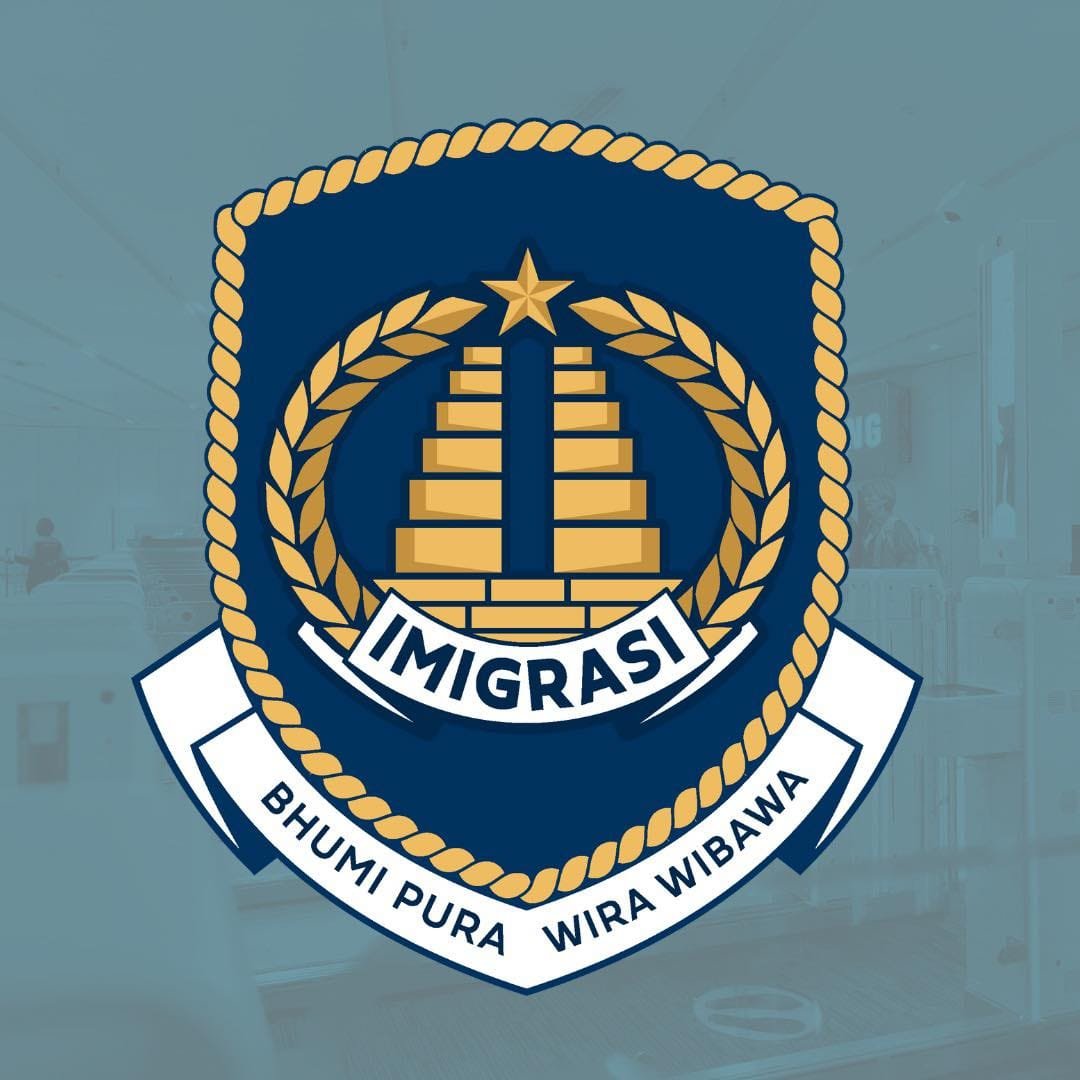The Directorate General of Immigration is the government agency under Indonesia’s Ministry of Law and Human Rights responsible for all immigration policy and operations. It handles the issuance of visas, residence permits, and passports, and supervises the legal movement of foreign nationals within the country. Ditjen Imigrasi also plays an enforcement role, ensuring compliance with national immigration laws and regulations, while supporting public services through digitized immigration systems.
What They Do Well:
✔️ Central authority for all Indonesian visa and stay permits
✔️ Offers structured visa categories (e.g., B211A, KITAS, KITAP, Investor, Retirement)
✔️ Transitioning to digital systems for visa applications and foreigner data tracking
✔️ Oversees eVisa and online portals — increasingly reducing need for in-person visits
✔️ Publishes official regulations and eligibility criteria for residency, investment, and entry
Potential Drawbacks (Agency-Level):
⚠️ Application timelines can be unpredictable — varies by visa type and region
⚠️ Online platforms can be inconsistent or experience outages
⚠️ Communication may be limited for non-Bahasa speakers — many services require local agents
⚠️ Process interpretation can vary between offices — local discretion still plays a role
⚠️ Not customer-facing — must use third-party agencies or legal representatives for most services
Indonesia — Digital Economy & Systemic Realities
National Business Strengths:
✔️ Rapidly growing digital economy — fintech, e-commerce, logistics scaling quickly
✔️ Large internal market (270M+) with increasing mobile and internet penetration
✔️ Strategic investment zones and growing support for foreign digital ventures
✔️ Affordable workforce and access to regional ASEAN markets
✔️ New visa tracks (e.g., DTV, Investor KITAS) support business-led relocation
Country-Level Limitations:
❌ Bureaucratic challenges — even simple filings can involve delays or unclear steps
❌ Heavy traffic in urban areas, especially Jakarta and Surabaya
❌ English use limited outside tourism or expat circles — Bahasa Indonesia often required
❌ Environmental concerns — air quality, plastic pollution, and deforestation affect quality of life in some zones
❌ Legal gray zones — foreign ownership, digital work, and property laws require ongoing navigation
Best For:
Foreign nationals seeking to live or do business in Indonesia through legitimate visa pathways. Best approached through a licensed agent or consultant familiar with Ditjen Imigrasi protocols, especially for long-stay or investment-based residency.
หมวดหมู่
คุณสมบัติต่างๆ
ภูมิภาค
การกำหนดราคา
วีดีโอ
ที่ตั้ง
Points of Interest
Pasar Rumput
Setiabudi Astra
Halte TransJakarta Dukuh Atas 1
Loading points of interest...
Loading points of interest...
Loading points of interest...
Loading points of interest...
Loading points of interest...
FAQ
What are the consequences of overstaying a visa in Indonesia?
Overstaying a visa can result in serious consequences, including fines, deportation, and potential bans from re-entering Indonesia. It is critical to know your visa’s validity dates and leave on time. For extensions, visit the nearest Immigration Office or apply online for e-VoA extensions at evisa.imigrasi.go.id.
How can I apply for an Indonesian passport?
Indonesian citizens can apply for a passport at any Immigration Office across Indonesia, regardless of their domicile. Required documents include a valid ID card (KTP), family card, birth certificate, and other relevant documents. The application process is integrated with the Immigration Management Information System (SIMKIM) for real-time data verification. You can also use the M-Paspor application to book an appointment.
Can I convert my tourist visa to a work visa while in Indonesia?
No, you cannot convert a tourist visa (VOA or B211A) to a work visa. You must exit Indonesia and apply for a work visa at an Indonesian embassy or consulate abroad.
Do I need a visa for a short visit to Indonesia?
Citizens of certain countries (e.g., ASEAN nations) can enter Indonesia visa-free for up to 30 days for tourism, provided they have a passport valid for at least 6 months and a return ticket. Check the Indonesian Immigration website for the latest visa-free country list.


ใส่ความเห็น